Simon Grigg
Since the mid 1970s there have been few areas of New Zealand popular music that haven’t felt the influence of Simon Grigg. At 21 years of age, he was managing an Auckland record store; soon he would also manage a pioneering punk band, then launch the first significant indie label since the early 1960s.
If playing a pivotal role in establishing Auckland dance clubs, and making ‘How Bizarre’ an international No.1 hit weren't achievements enough in the 80s and 90s, creating a online historical repository for New Zealand's popular music has ensured that the country's musical heritage will be remembered by generations.
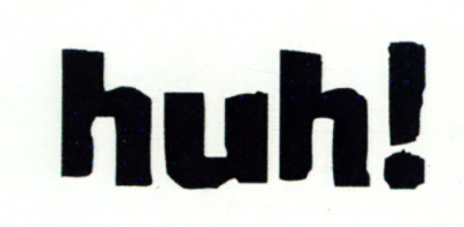
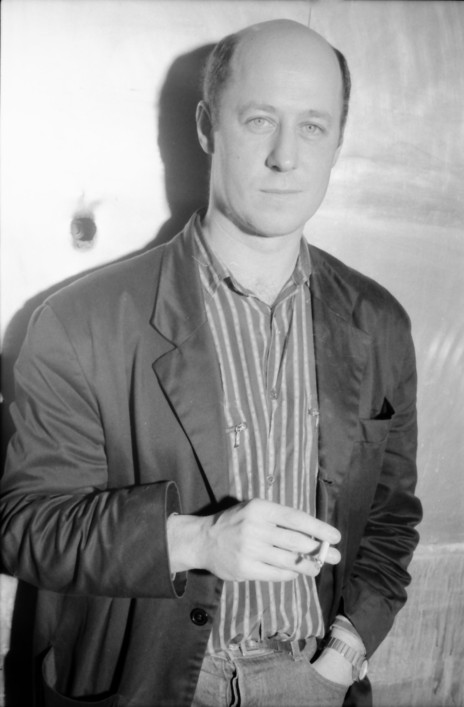
Simon Grigg in the early 1990s at Cause Celebre, the club he ran with Tom Sampson on Auckland's High Street
Photo credit:
Darryl Ward
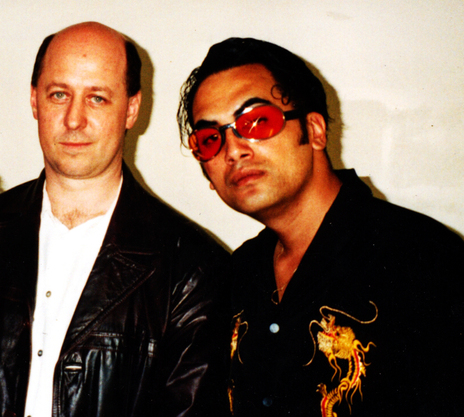
Simon Grigg, Pauly Fuemana, London, August 1996
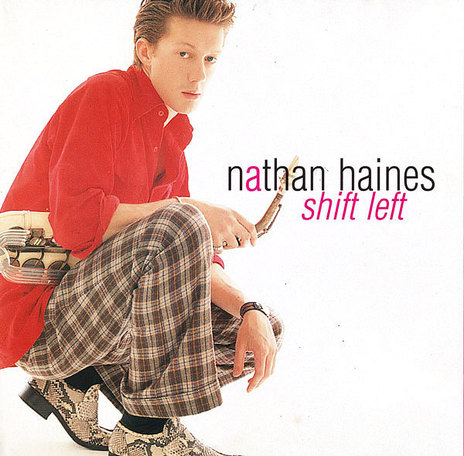
The second sleeve for Shift Left, December 1995.
Suburban Reptiles - Saturday Night Stay At Home (1978)
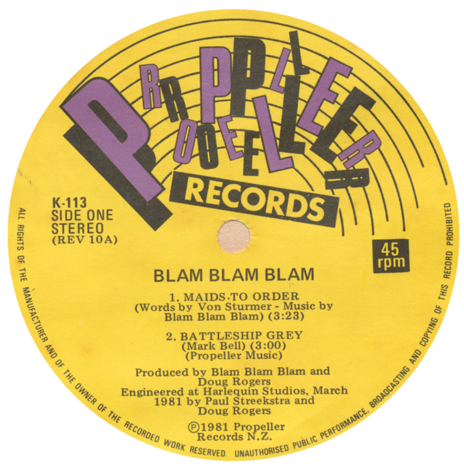
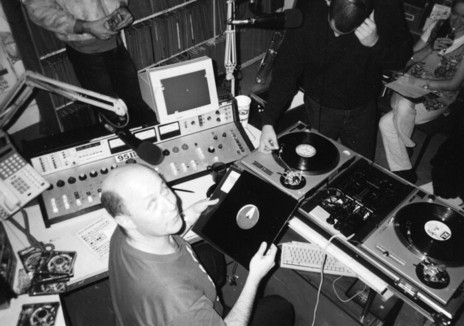
Simon Grigg and Rob Salmon, Beats Per Minute Show, BFM
Photo credit:
Simon Grigg collection
Blam Blam Blam - There Is No Depression In New Zealand (1981)
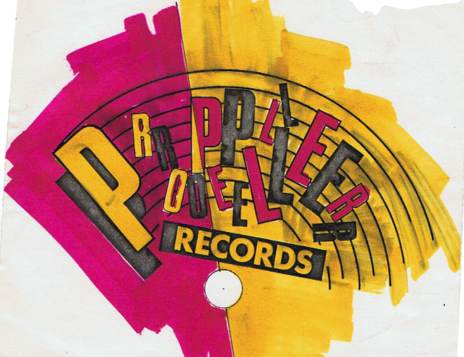
The 1980 Roger Jarrett hand-inked design for the first Propeller logo
Photo credit:
Simon Grigg collection
How Bizarre - The Story of an Otara Millionaire documentary (2014)
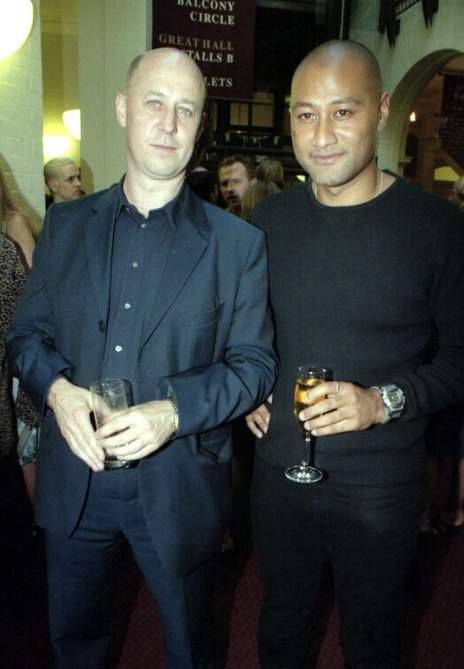
Anthony Ioasa with manager Simon Grigg (left), APRA Silver Scrolls, 1998
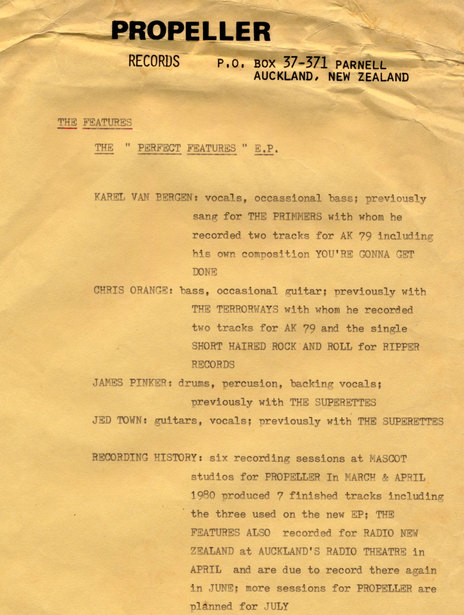
The original Propeller Records press release
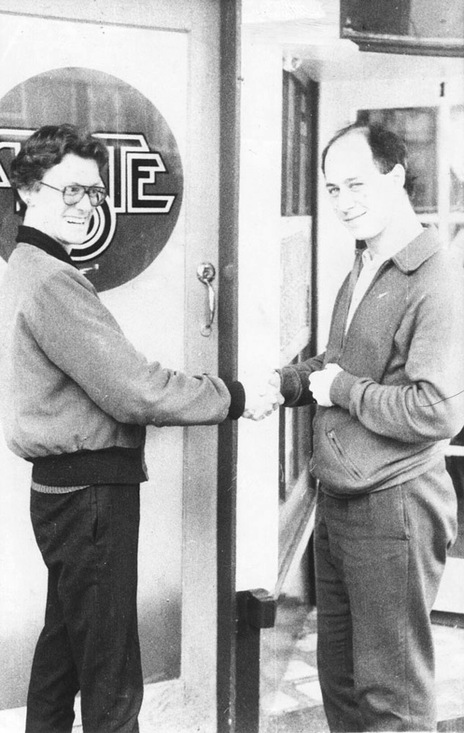
Simon Grigg, at right, ceremonially handing over the keys to the Parnell Taste Records store (the former Professor Longhair's) at 279 Parnell Road, to new manager Robert Nicholson in 1979
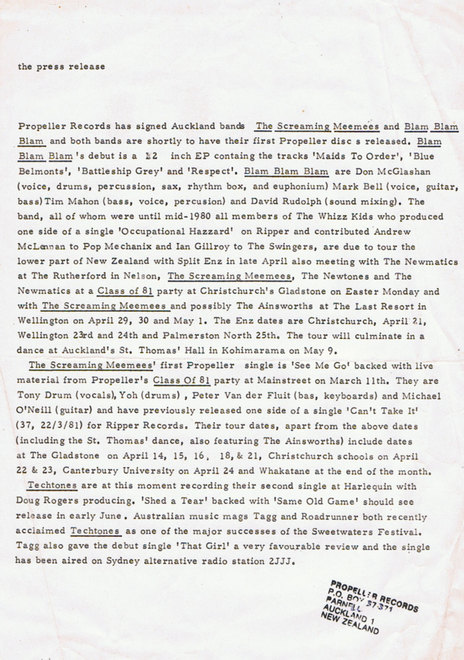
Propeller press release, April 1981. The Screaming Meemees single would not see release until July and the Techtones single remains unreleased.
OMC - How Bizarre (1996)
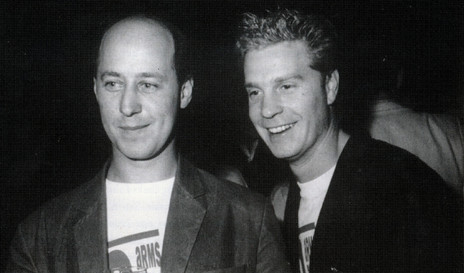
SImon Grigg and Mark Phillips at the launch of their Stimulant dance compilation Eight Arms to Hold You, at the Brat nightclub, Auckland, 1986. Photograph by Murray Cammick
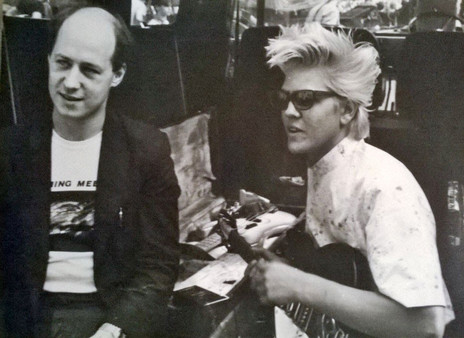
Michael O'Neill of the Screaming Meemees with Simon Grigg, Devonport 1982. Photo by Jim Abbott
Photo credit:
Jim Abbott
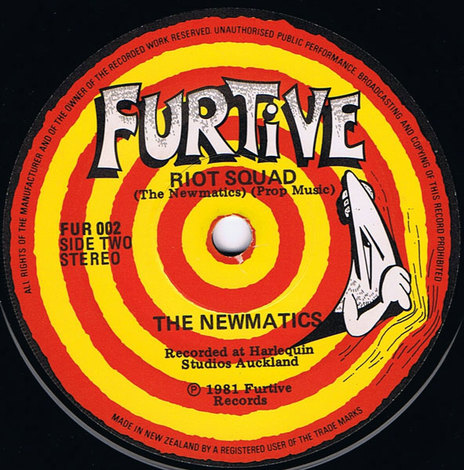
Furtive label
Photo credit:
Designed by Chris Knox.
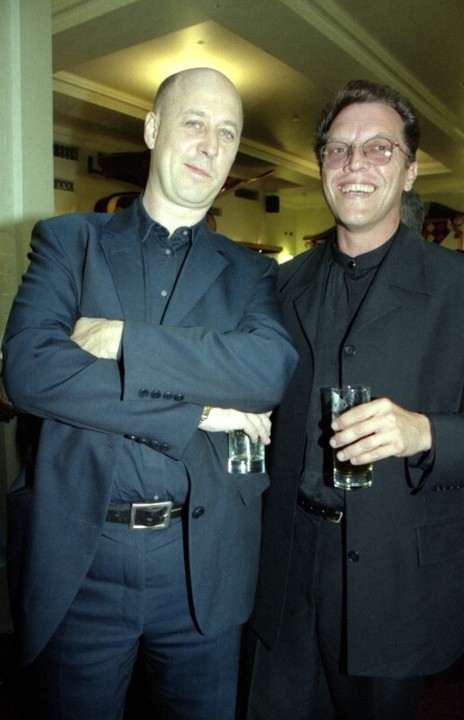
Simon Grigg with Buster Stiggs (of Suburban Reptiles and Swingers fame), at the APRA Silver Scroll in 1998
Photo credit:
Simon Grigg collection
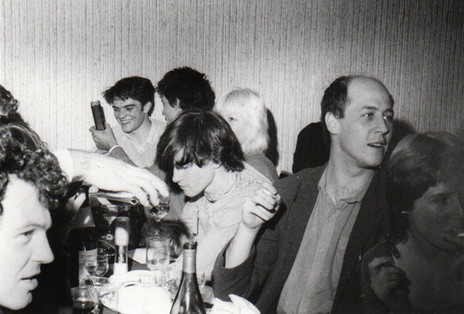
Don McGlashan, Paul Rose, The Newmatics' Syd Pasley, The Screaming Meemees' Tony Drumm, Syd's partner Angela, Simon Grigg and unknown, 1981. Taken at the NZ Music Awards, Logan Park, 1982, the year Grigg was given a special award for Outstanding Contribution to the New Music Industry.
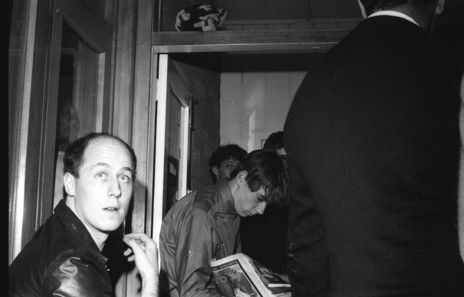
Simon Grigg and Peter van der Fluit of the Screaming Meemees, on the door at the North Shore Netball Club, 27 March 1981. Photo by Murray Cammick
Photo credit:
Murray Cammick
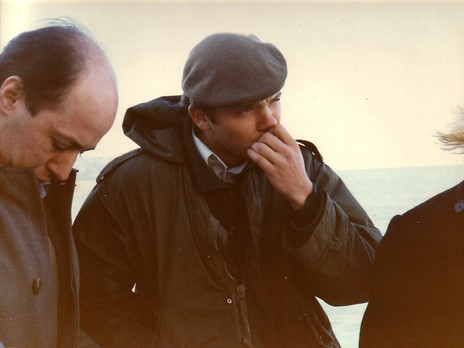
Simon Grigg with Tim Mahon of Blam Blam Blam, on the ferry to Picton the morning after the violent Victoria University concert during the Screaming Blam-matic Roadshow, July 1981. Photo by Jenny Pullar
Photo credit:
Jenny Pullar
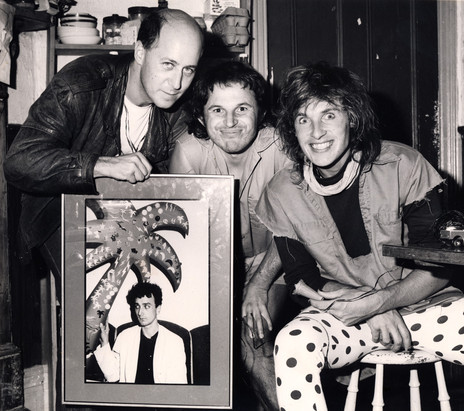
Simon Grigg, Chris Knox and Andrew Fagan, possibly taken in the 1990s for a Real Groove article. In the frame is Andrew Snoid
Photo credit:
Bryan Staff
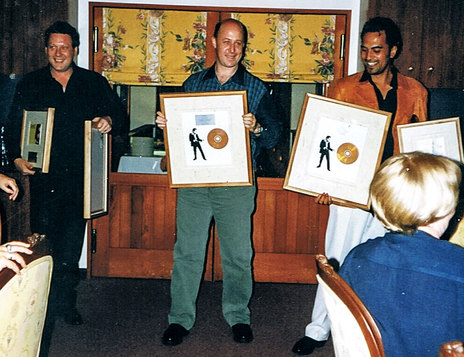
Platinum discs for OMC's second single Right On - Alan Jansson, Simon Grigg, Pauly Fuemana, at Hotel D'Vin, 1996
Photo credit:
Simon Grigg collection
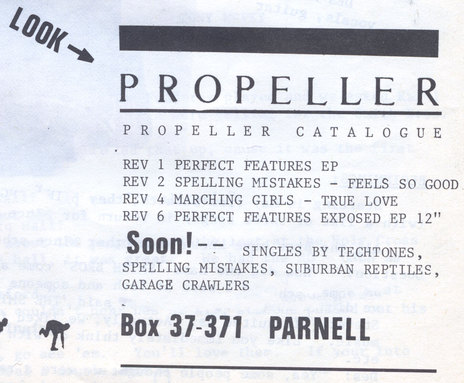
Propeller advert in an Auckland fanzine, Loose Heads, November 1980
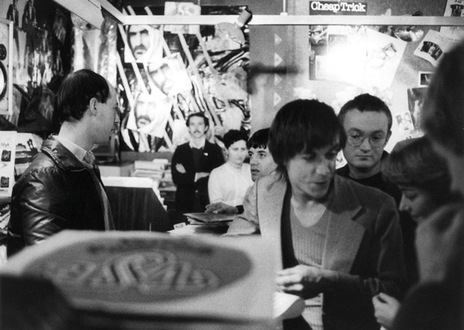
Iggy Pop at Taste Records, Auckland, 1979. David Herkt to Iggy's left. At the back wall, designer Terence Hogan (AK79, Class of 81, Toy Love etc.) Behind the counter is Simon Grigg
Photo credit:
Photo by Chris Slane
The Screaming Meemees - See Me Go (1981)
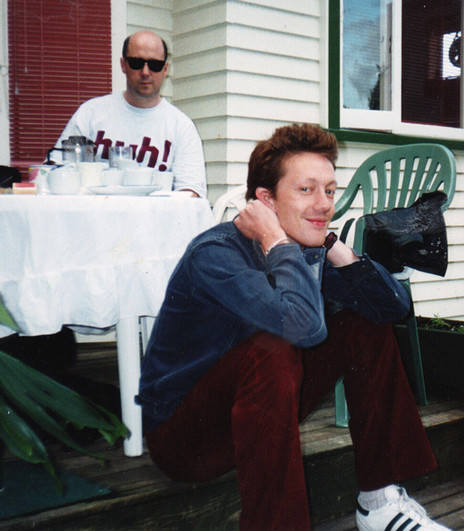
Nathan Haines and Simon Grigg, Parnell, Auckland, 1995
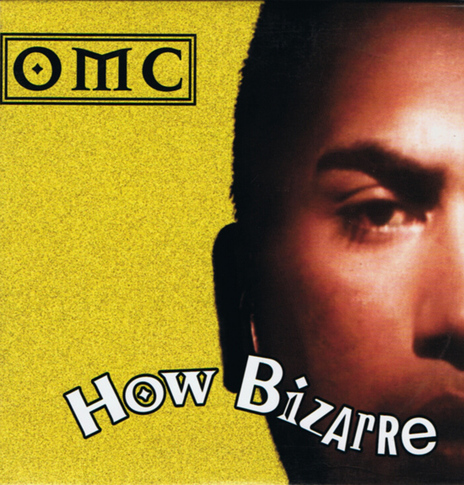
The 1995 cover for the 'How Bizarre' CD single.
Photo credit:
Conceived and directed by Alan Jansson and laid out by Gideon Keith.
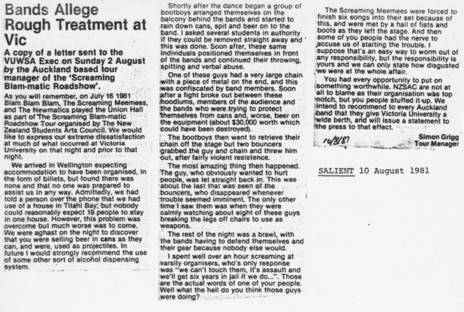
The manager of the Screaming Blam-matic Roadshow complains to Salient about the bands' rough treatment at Victoria University, August 1981
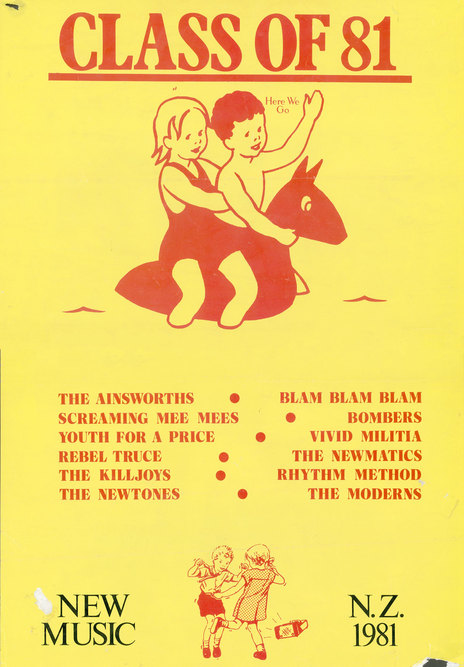
Poster for the March 1981 Class Of 81 compilation of new bands, designed by Terence Hogan
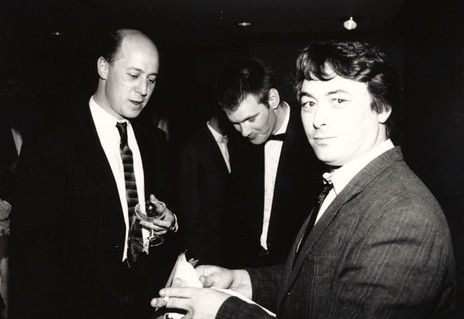
Simon Grigg, Roger Shepherd and Doug Hood at the Apra Silver Scroll. Photograph taken at the Powerstation, Auckland, in the late 1980s by Murray Cammick
Photo credit:
Photo by Murray Cammick
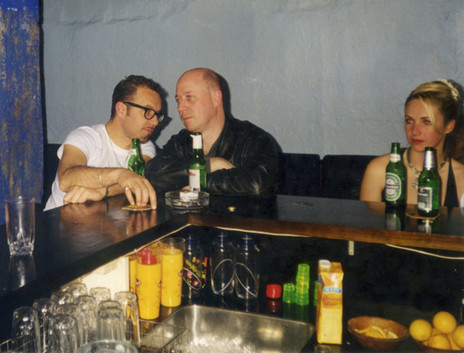
Peter Urlich and Simon Grigg
Photo credit:
Photo by Michael Stuart.